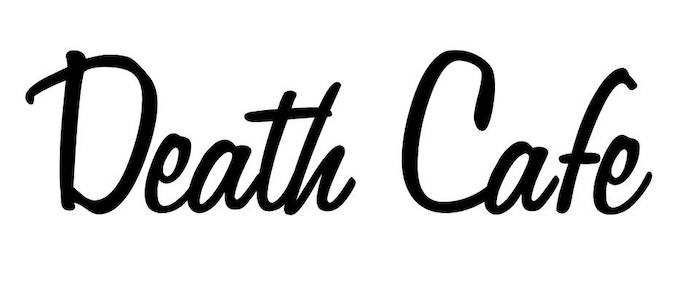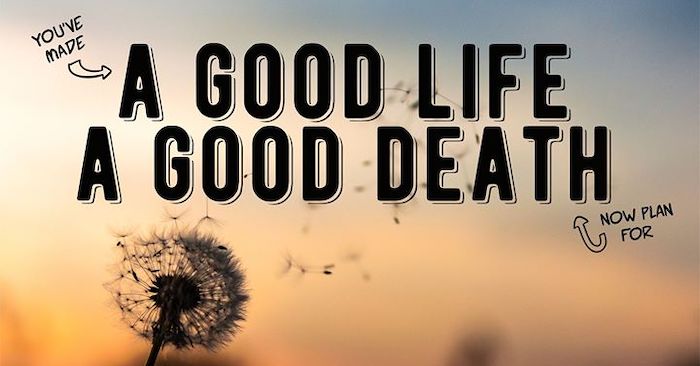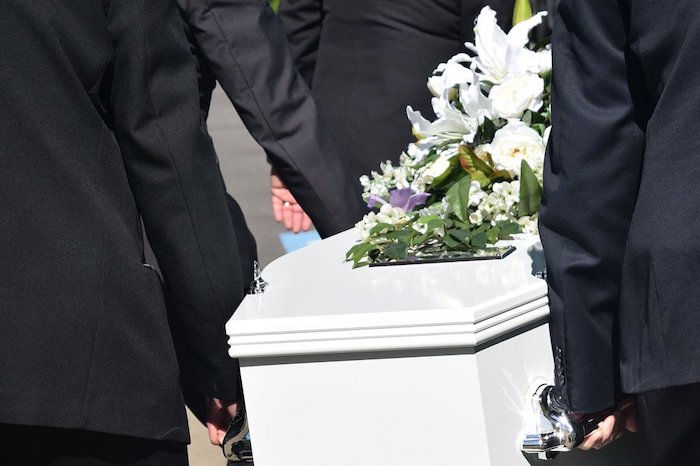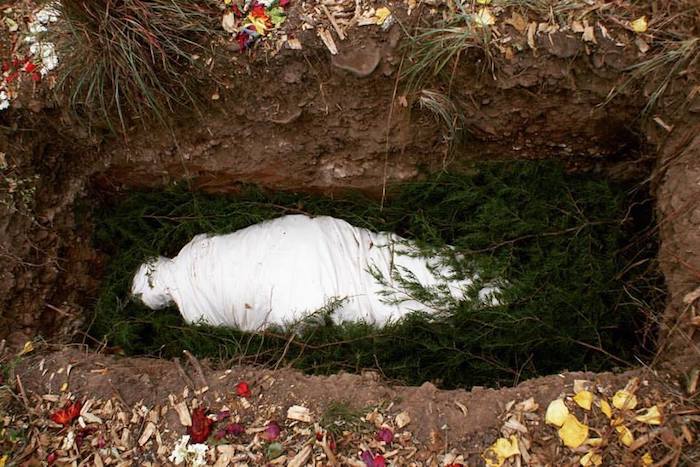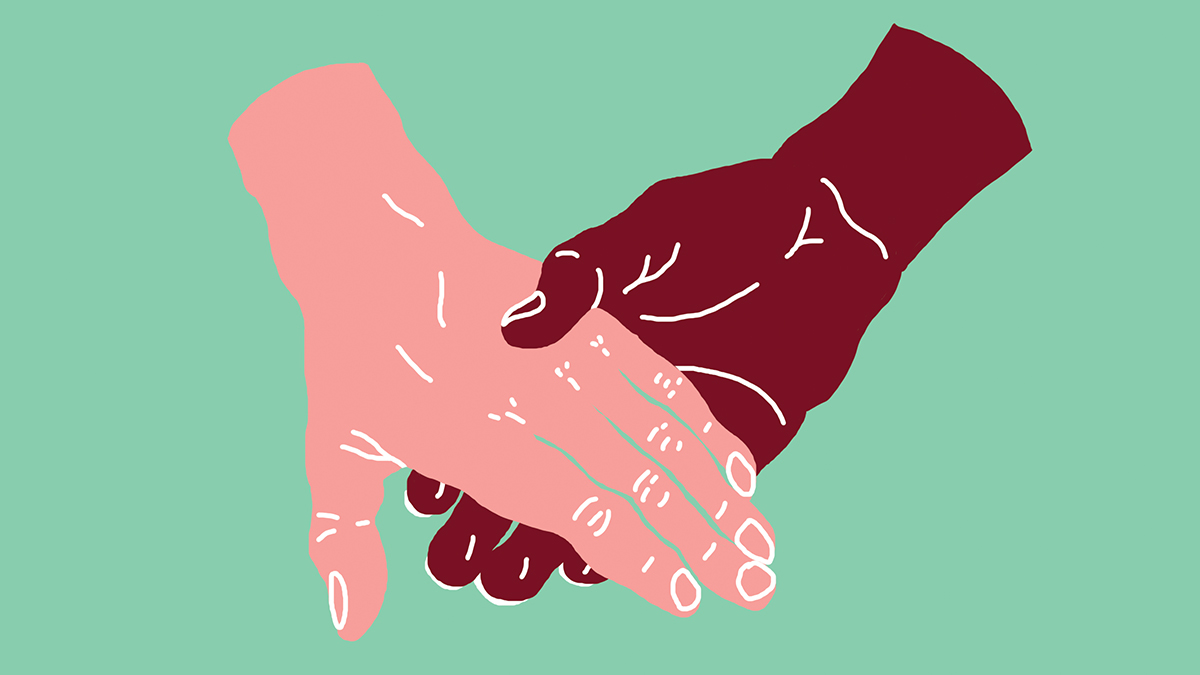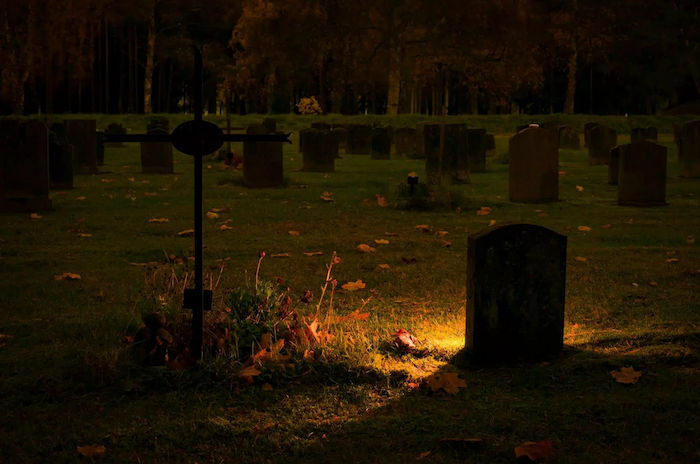
by Anthony Martin
Planning your own funeral is not something anyone gets excited about. In all honestly, who would?
But you know what? There is great value in doing so.
Before we jump into the nitty-gritty, how about a funeral joke to lighten the mood?
Here’s a good one…
I was a little taken aback when I got my receipt from the funeral parlor. On the bottom of the receipt after the bill, it read, “Thank you. Please come again.”
In all seriousness, if you are considering planning your own funeral ahead of time we sincerely commend you. It takes courage to do so, and you will find it’s very rewarding once it’s done.
To help you on your quest, you’ll find in this article why you should plan your own memorial, how to do it, and discover four different ways you can ensure your funeral is paid for.
Why You Should Be Planning Your Own Funeral
The reason why you should plan your own funeral is quite simple.
If you don’t plan your own funeral, your family will have to while in their darkest hour.
Here’s the cold hard truth of it.
When you pass away, your family will be going through an incredibly dark time full of grief and sadness. They will miss you terribly.
Your loved ones having to make tough choices via planning your funeral only adds to the emotional stress they are enduring due to your passing.
Nobody likes to think of their own mortality, let alone plan for it. You should take the time to do it for your family, so they won’t have to while under the greatest emotional stress of their life.
Here’s some really good news.
Planning your own funeral is actually very easy! Not to mention, it won’t take as much time as you’d think to knock it out.
All you are really doing is documenting exactly how you would like to be remembered.
The best part is, once you’ve done it, you never have to do it again!
Taking a little time planning this ahead of time will pay huge dividends in the future. You’ll save your family from a lot of grief, and they will know how much you cared because of what you’ve done.
You Have To Document Your Plans Or They Do No Good
You could literally just use a blank piece of paper and that would suffice.
No matter how you do it, you must document your final wishes, or all your preparation is worthless.
Not to mention, however you choose to transcribe your funeral plan, you need to store them in a place where they are easily accessible by your family.
The idea is upon your passing, your family will naturally locate your final wishes, so they can follow your instructions. This will alleviate them from having to make these tough choices while they are grieving.
There are lots of free funeral planning guides online such as this one or this one, if you prefer to have something that pre-outlines everything.
Ultimately, it does not matter exactly how you document your final wishes. All that matters is that you do it, so your family can put it to use.
How To Plan Your Funeral
Planning out your own funeral has a process that will actually be very familiar to you.
No seriously, it will be.
Think of it this way.
Have you ever bought a vehicle? You likely have at some point in your life.
Think back to your last car buying experience. It probably went something like this…
- Calculated your budget
- Decided if you want a car, truck, van, etc.
- Identified which makes and models you were interested in
- Compared those models to see which one(s) you like most
- Selected a model
- Chose the color, interior & exterior options, etc.
- Bought the vehicle
The procedure to plan your own funeral will be just like that. The only real difference is A) You won’t take delivery of your product right now 😇 (at least we hope not), and B) you will be selecting options related to a funeral rather than a car.
Burial, Cremation, Or Donation
By far the biggest choice you will make is choosing to be buried, cremated, or donating your body to science.
Your budget may play a role in deciding which one of these you go with.
Remember, the cost of a funeral varies greatly among these three options. On average, a typical burial service will cost anywhere from $7,000-$10,000. At the same time, a cremation service will cost between $1,500-$5,000. Donating your body to science will usually cost nothing.
With the availability of affordable funeral life insurance plans to cover end-of-life costs, most people can adequately insure themselves for an amount necessary to cover whatever sort of memorial they prefer.
What To Do With The Remains If You Choose A Burial Or Cremation
If you choose to be buried, you then must select what you want done with the casket. If your wish is to be cremated, then you must choose where the urn or ashes are placed.
Believe it or not, there are quite a few options. There are pros and cons to each, so decide which one you think best suites you.
In Ground For A Burial
This is the stereotypical burial so to speak. The casket is placed inside a burial vault that is roughly six feet underground.
In Ground Lawn Crypt For A Burial
A lawn crypt is a pre-made tomb that is typically comprised of concrete and steel whereby multiple caskets can be stacked upon one another.
Lawn crypts are sometimes referred to as in ground mausoleums because they are essentially a completely enclosed shell that preserves the casket(s) far better than a burial vault will.
Above Ground Lawn Crypt For A Burial
This is identical to an in-ground lawn crypt, except that it’s above ground. It provides the proper water drainage to ensure the enclosed casket is preserved.
In A Private Mausoleum Above Ground For A Burial Or Cremation
A mausoleum is an above ground structure that is built specifically to hold the remains of single family. Private mausoleums are quite costly, but if you desire exclusivity and privacy for your whole family a private mausoleum is the way to get it done.
In A Community Mausoleum Above Ground For A Burial Or Cremation
Many cemeteries have mausoleums built that are public. This means anyone can elect to have their remains placed there. Usually those who elect this feature just don’t want their remains placed underground.
The most important thing to understand about a community mausoleum is that it’s public, so other people unrelated to you will also be stored alongside you.
Natural Burial
In this situation there are no embalming fluids, caskets, or burial vaults used. Instead, the remains are placed directly into the ground allowing the body to naturally decompose.
Sometimes with a natural burial, they will utilize some sort of biodegradable casket or shroud just as long as they don’t impede the decomposition of the remains.
Green Burial
This is almost identical to a natural burial with one key difference. For it to be a green burial, the cemetery where the remains will be buried must not use pesticides, and there must be no other bodies buried in the cemetery when embalming fluids or caskets were used.
Spreading Ashes For Cremation
For those who wish to be cremated, one of the most popular options is to have their ashes spread in a location of great significance.
Spreading ashes is certainly an option, but be sure to mind local and state laws. Every state is different, so don’t assume anything. Basically, some states and local ordinances allow it, and some don’t. In addition, those that do allow it often have restrictions regarding where you can spread the ashes, so be sure to double check before pursing this option.
Memorial Reef For Cremation
A memorial reef is a unique option whereby the ashes of the body can be infused with concrete and shaped into a statue of something (could be any shape you like) and placed on the ocean floor.
You will need to work with a business that provides these kinds of services. It’s not something you would want your family to do on their own.
Viewing Or No Viewing
Do you want your loved ones to have one final chance to visit your body? Some people do, and some people don’t. The choice is certainly yours, but it’s definitely something you must decide upon.
Viewings can take place at a funeral home, church, synagogue, or any other location of your preference (assuming the owner of the building agrees to it).
One thing to keep in mind is that if you prefer to donate your body to science and you want a viewing, you will be required to pay for the cost of the viewing.
Now Choose The Details To Round Out Your Plans
At this point, you’ve chosen between a burial, cremation, or donation. You’ve selected what to do with the remains, and you’ve decided whether or not to have a viewing.
All you have to do now is finalize the details such as location, flowers, music, etc.
Look the list below and decide which ones (if any) apply to you. Then document your preferences along with all the other stuff.
- Memorial service location
- Where the remains will be placed
- Type of casket or urn
- Flowers
- Music
- Attendees
- Name(s) of those who you wish to make your arrangements
- Open or closed casket for a service
- Clothes, glasses, & jewelry to be worn for a viewing and/or final resting
- Any military preferences for veterans
- Marker/headstone preferences
- Pallbearer suggestions
- Obituary preferences (key points you want addressed in your obituary)
- Post funeral reception preferences
4 Ways You Can Ensure Your Funeral Is Paid For
At this point, you’ve fully planned out your entire funeral which means your family won’t have to make these tough decisions while grieving your loss.
Now all you’ve got to do is put together a plan to ensure the expenses of your funeral don’t fall on your family.
Here’s the deal.
The greatest burden you can pass on to your loved ones is to saddle them with your unpaid funeral costs.
The truth is most families don’t have the cash needed to pay for the funeral outright. As a result, loved ones will resort to taking on debt in order to ensure you receive a respectable memorial service. Very often the debt they agree to takes years to pay off.
If you do nothing else, please make sure you financially prepare for your funeral to ensure your family doesn’t have to take on debt to do it for you.
Having said all of that, you have four basic options to pay for your final expenses.
1) Life Insurance
Life insurance to pay for burial expenses is a very popular option mainly because it affords immediate protection.
There are even life policies available that were designed specifically to cover end of life costs. They are often referred to as “burial insurance for seniors” or “final expense life insurance”.
They are small policies meant to provide just enough coverage to pay for final expenses. These policies are particularly helpful for folks over 80 who likely cannot qualify for a traditional life insurance policy. The cost of burial policies is generally affordable since the face amounts are low.
2) Save Money
This option should only be considered by those who are financially disciplined. In essence, you are electing to set aside a set amount each and every month until you have enough needed to cover all your final expenses.
The obvious drawback to this option is the fact that if you pass away before you’ve saved enough, your family will have to come up with the difference.
3) Pre-Need Contract
A pre-need policy is contract between you and a specific funeral home. Basically, you completely design your funeral service with them, and they tell you how much it will cost.
The policy is backed by a form of life insurance, but it’s a different kind of life policy compared to the one you obtain on an individual basis. The main difference between a pre-need life policy and an individually purchased life policy is that one day you will stop making payments on the pre-need policy.
Funeral homes that sell pre-need policies will try to get you pay off the balance of your funeral over the course of 3-5 years. Because of this, the monthly payments on a pre-need policy can be costly. They frequently end up being $100-$500 per month depending on the total cost and how long you give yourself to pay it off.
4) Funds From The Deceased’s Estate
Although not recommended, you could rely on your family liquidating your house, investments, or other valuable property as means to pay for your final expenses.
There’s no question that this is an option.
However, it should honestly be off the table for the most part.
Here’s why we say that.
It takes a lot of time for your family to be able to liquidate your estate. For one, the probate process can easily take months. That alone will condemn your family with having to temporarily generate funds to pay for your funeral.
Even after the probate process is complete, they would still need to sell off whatever valuables you own which takes even more time.
Again, this is an option, but because of the time involved, it should be a last resort.
Put Together A Will Or Living Trust
A will or living trust will address the legal matters associated with your death which is why it’s important you not leave this step out.
Now, whether you go should go with a will or living trust is purely a personal preference that will likely be determined by the complexity of your estate. This article gives a good outline about the pros and cons of each one.
The best thing to do is to consult with a wills and trust attorney, and let them help you decide which is best for you.
However, if you are the independent type and want to set up a will on your own that’s perfectly okay. Truthfully, a lot of people do with much success.
There are many online resources available to help you setup a will. If followed properly, it can be relatively simple and accurate.
If you do elect to setup a will without the assistance of an attorney, at least use a guide to ensure you do it properly.
On the other hand, a living trust is far more complex, and should be done with the assistance of a professional. From implementation to structure, they are very different and subject to different laws which is why professional legal help is suggested.
You might be wondering… Why do I need a will or trust anyways?
The reason is simple.
You want a will or trust to shore up the legal matters associated with death.
Just like all the other elements of your funeral, if you don’t prepare for the legal ones, you condemn your family with having to deal with them.
Complete Article ↪HERE↩!

